Trump Can’t Run For President Ever Again According To New Study
While some individuals on the conservative end of the political spectrum frame the pursuit of accountability for the January 6 Capitol riot as merely a matter of differing partisan views, two prominent conservative legal scholars have presented a compelling argument rooted in constitutional principles.
Their contention is that the Constitution inherently bars former President Trump from holding public office ever again.
Trump Fits The Criteria
In a recent article published in a law review, William Baude of the University of Chicago and Michael Stokes Paulsen of the University of St. Thomas, both conservatives, put forth the notion that Section Three of the 14th Amendment serves as a constitutional disqualifier for Trump’s eligibility to engage in public office.
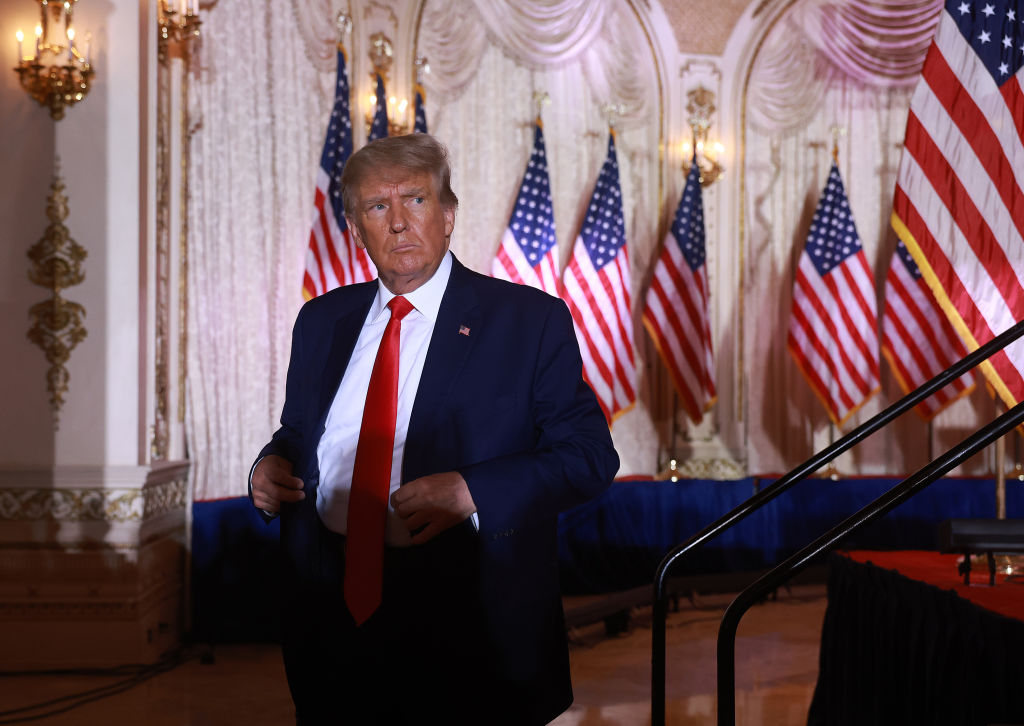
Source: Joe Raedle/ Getty Images
This particular section – often referred to as the Disqualification Clause – explicitly prohibits any government official who takes an oath to defend the Constitution from participating in or supporting an insurrection against the United States. To lift such a restriction requires a two-thirds majority vote in both the House and the Senate. It is noteworthy that Trump readily fits the criteria outlined by this clause.
The Catalyst For The Jan. 6 Riots
The three branches of government have collectively classified the attack on the Capitol as an insurrection.
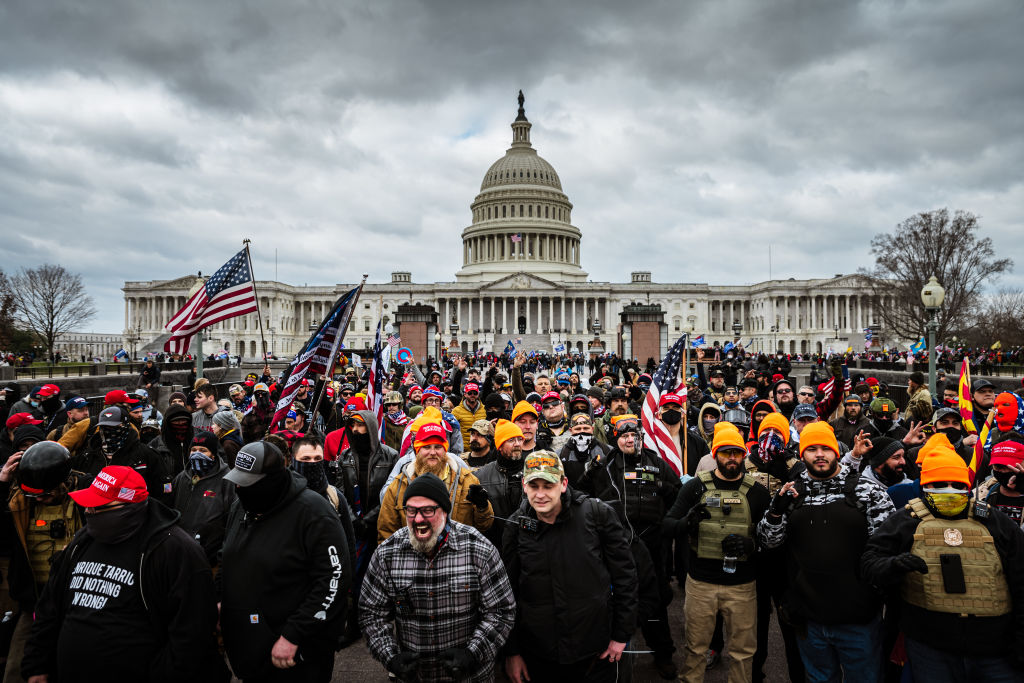
Source: Jon Cherry/ Getty Images
Various federal judges, bipartisan majorities in both chambers of Congress, and the cross-party Jan. 6 House select committee have all pinpointed Trump as the central catalyst behind the incident.
His Indictment
Baude and Paulsen underscore that Section Three does not necessitate a prior conviction under criminal law, such as treason or any other defined crime, for its disqualification stipulation to come into play.
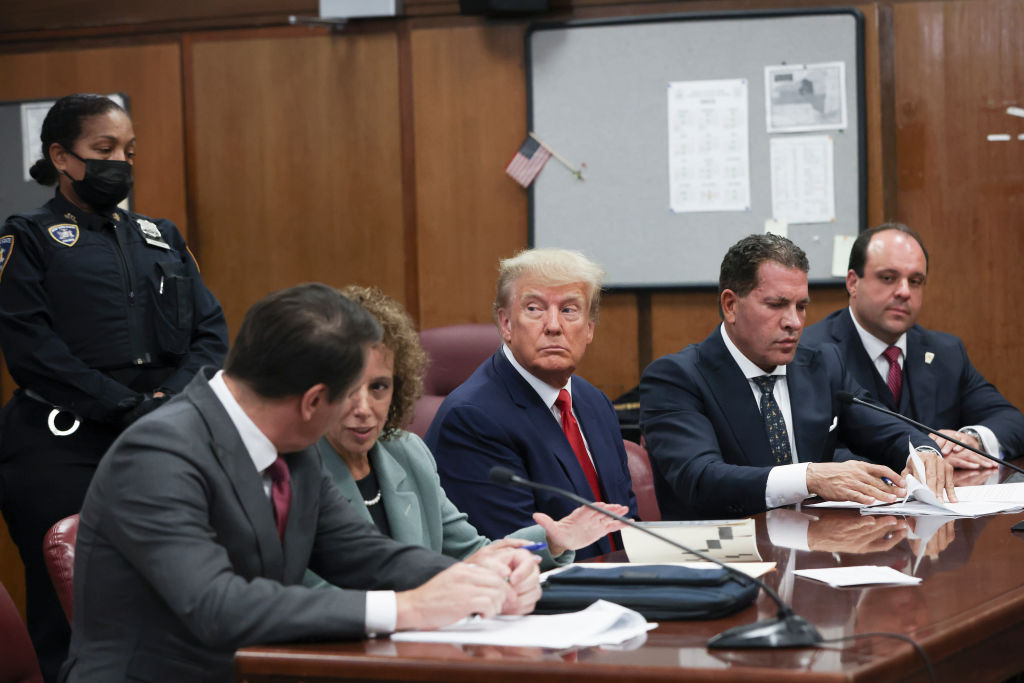
Source: Andrew Kelly-Pool/ Getty Images
Trump’s indictment by special counsel Jack Smith for offenses related to the election further bolsters the argument for his constitutional disqualification.
"Full Legal Ramifications"
The charges brought against Trump encompass conspiracy to obstruct an official proceeding, obstruction of an attempt to obstruct an official proceeding, and conspiracy against the rights of individuals to freely exercise their right to vote by attempting to “oppress, threaten, or intimidate” them.
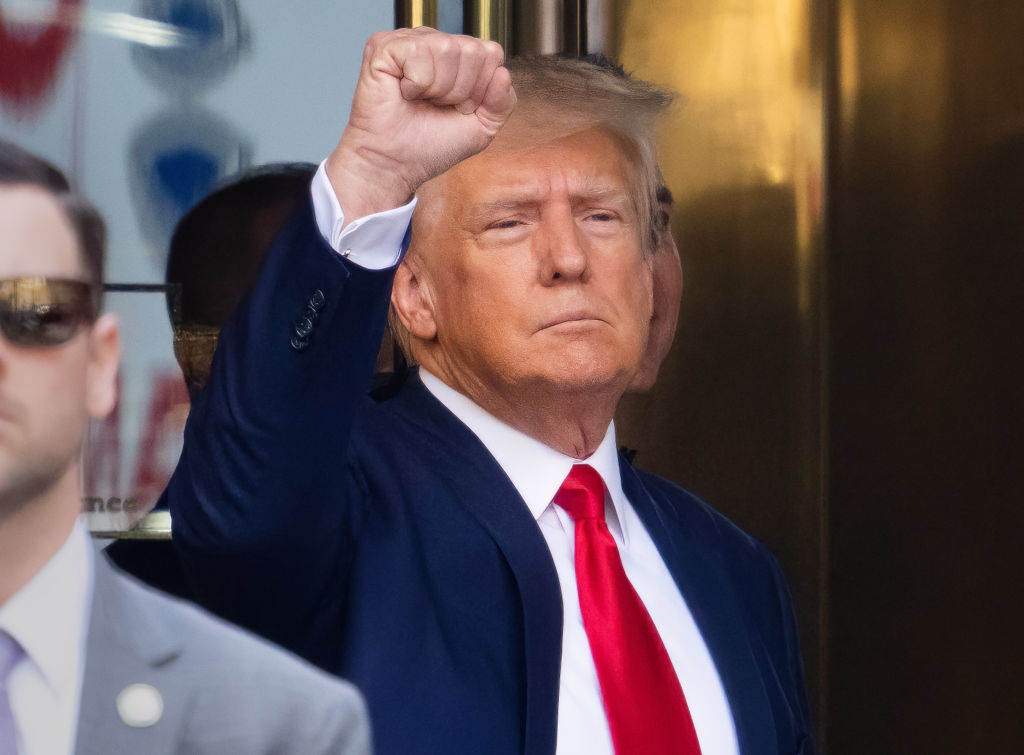
Source: Gotham/ GC Images
Despite the substantial documentation of Trump’s role in inciting the Capitol attack, Baude and Paulsen maintain that the “full legal ramifications” of Section Three remain underappreciated and unenforced. Contrary to misconceptions, the Disqualification Clause is an enduring component of the Constitution, not confined to the era of the Civil War, and not rendered ineffective by the amnesty legislation of the 19th century.
Section Three
Furthermore, this provision is “self-executing,” obviating the necessity for supplementary action by Congress.
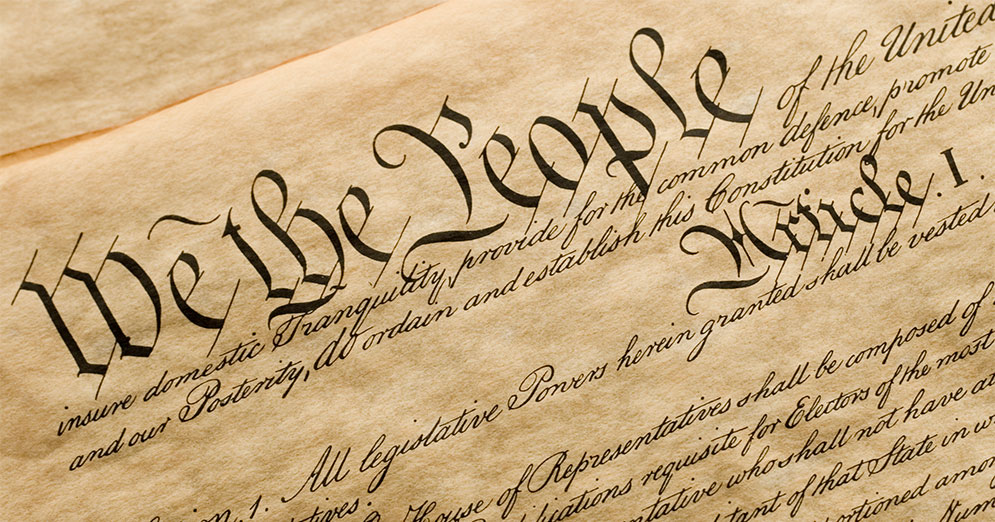
Source: giftlegacy/iStock
As Baude and Paulsen elaborate, Section Three should be upheld by all officials, whether at the state or federal level, responsible for assessing qualifications.
A Legal Victory
An illustrative precedent of applying Section Three occurred last year when three New Mexico residents, represented by Citizens for Responsibility and Ethics in Washington, secured a legal victory.
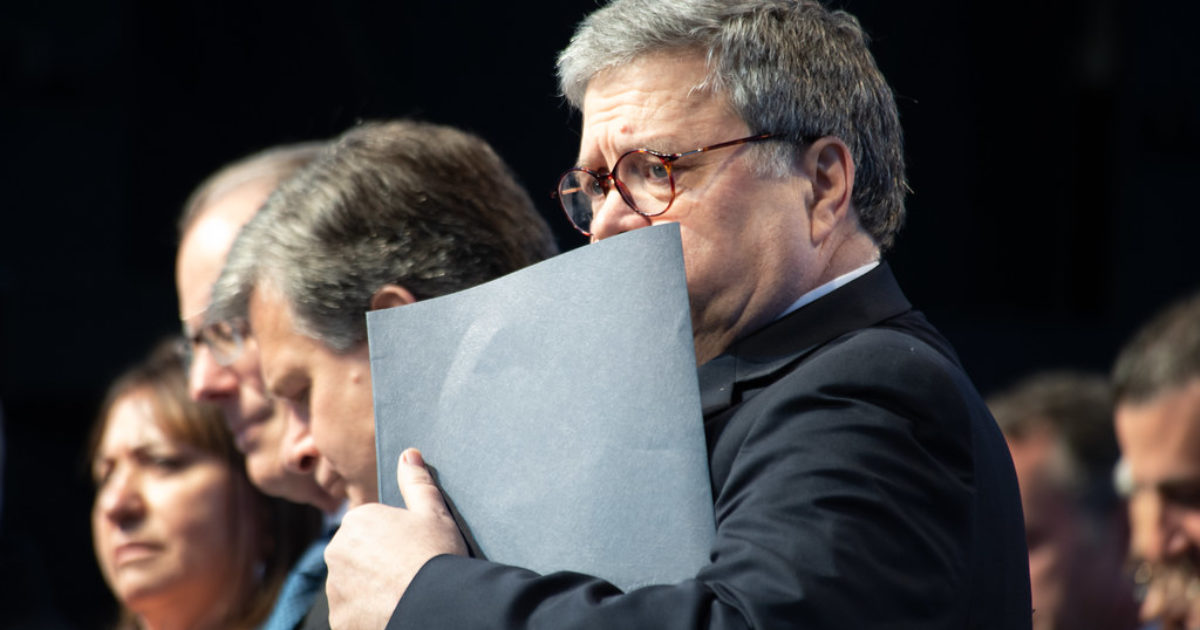
Source: @CREWcrew/ X
They succeeded in removing a county commissioner from office for participating in an insurrection. This ruling substantiated that Section Three had been violated by the commissioner’s involvement in a violent attempt to overturn the election and breach Capitol security.
First Amendment's Right To Protests
Baude and Paulsen’s analysis emphasizes that disqualifying officials under Section Three does not infringe upon the First Amendment right to protest.
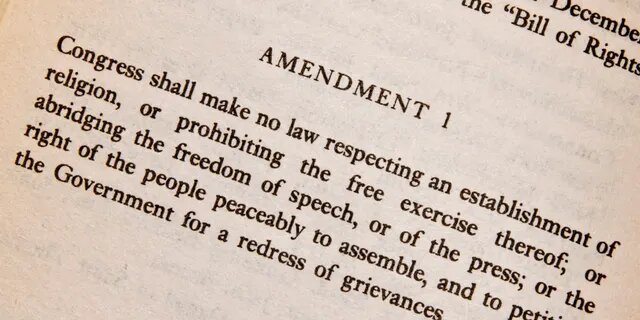
Source: iStock
This position counters efforts to equate the events of January 6 with the Black Lives Matter protests.
Disqualification
The scholars definitively conclude that Section Three encompasses a “broad spectrum of actions against the authority of the constitutional order” and applies to a wide array of previous offices, including the presidency.
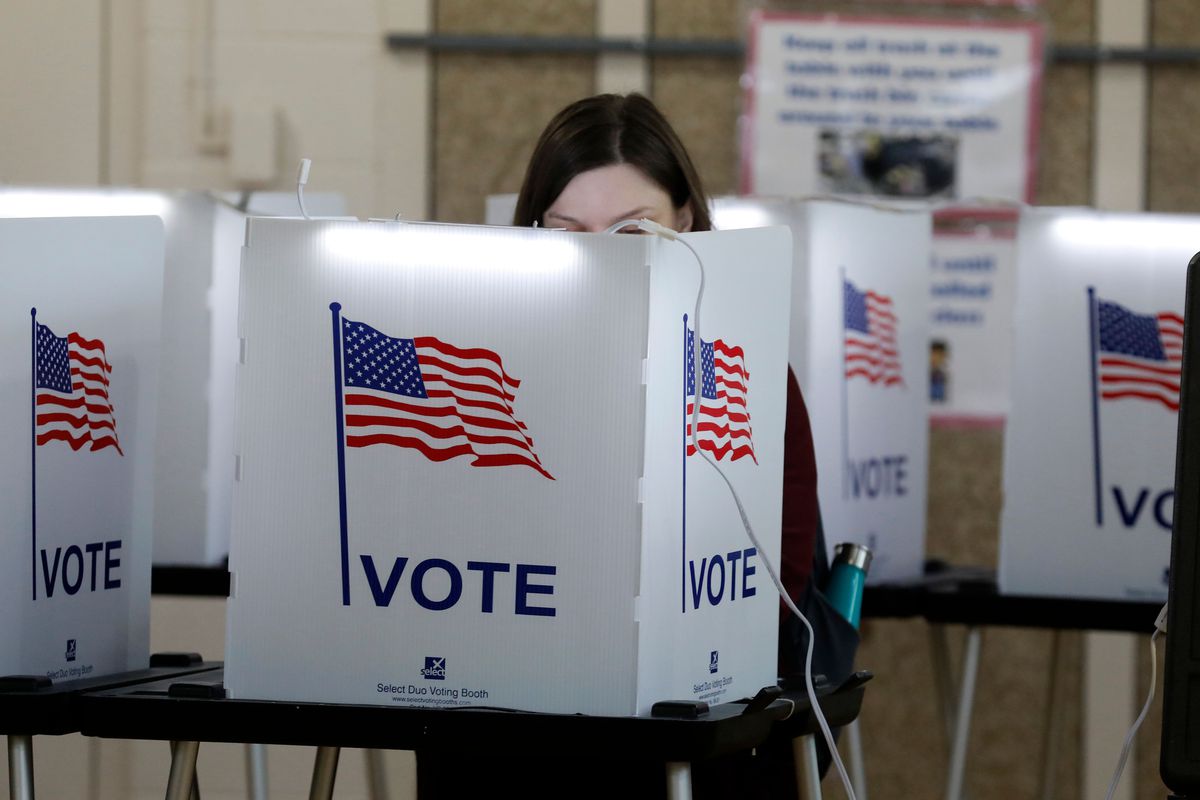
Source: Jeff Kowalsky/AFP via Getty Images
They unambiguously state that this section disqualifies Trump, and potentially others, due to their roles in the attempted subversion of the 2020 presidential election.
Enforcing The Disqualification Clause
When assuming the office of the President, irrespective of political affiliation, every leader takes an oath to safeguard and uphold the United States Constitution.
The enforcement of the Disqualification Clause against those who breach this oath stands as an embodiment of patriotism rather than partisanship. Baude and Paulsen aptly assert: “Officials must enforce the Constitution because it is law… Section Three carries legal authority already.”
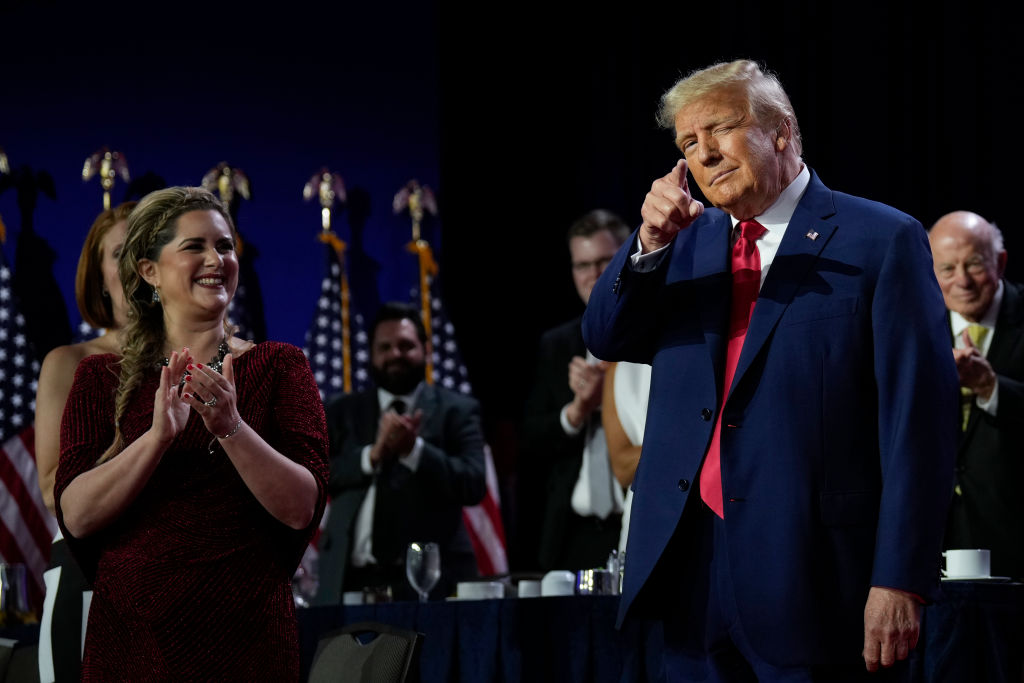
Source: Drew Angerer/ Getty Images
The Disqualification Clause has already proven instrumental in promoting accountability for the events of January 6, and it is poised to serve this purpose further in the upcoming months by preventing Trump and others from resuming public office.
